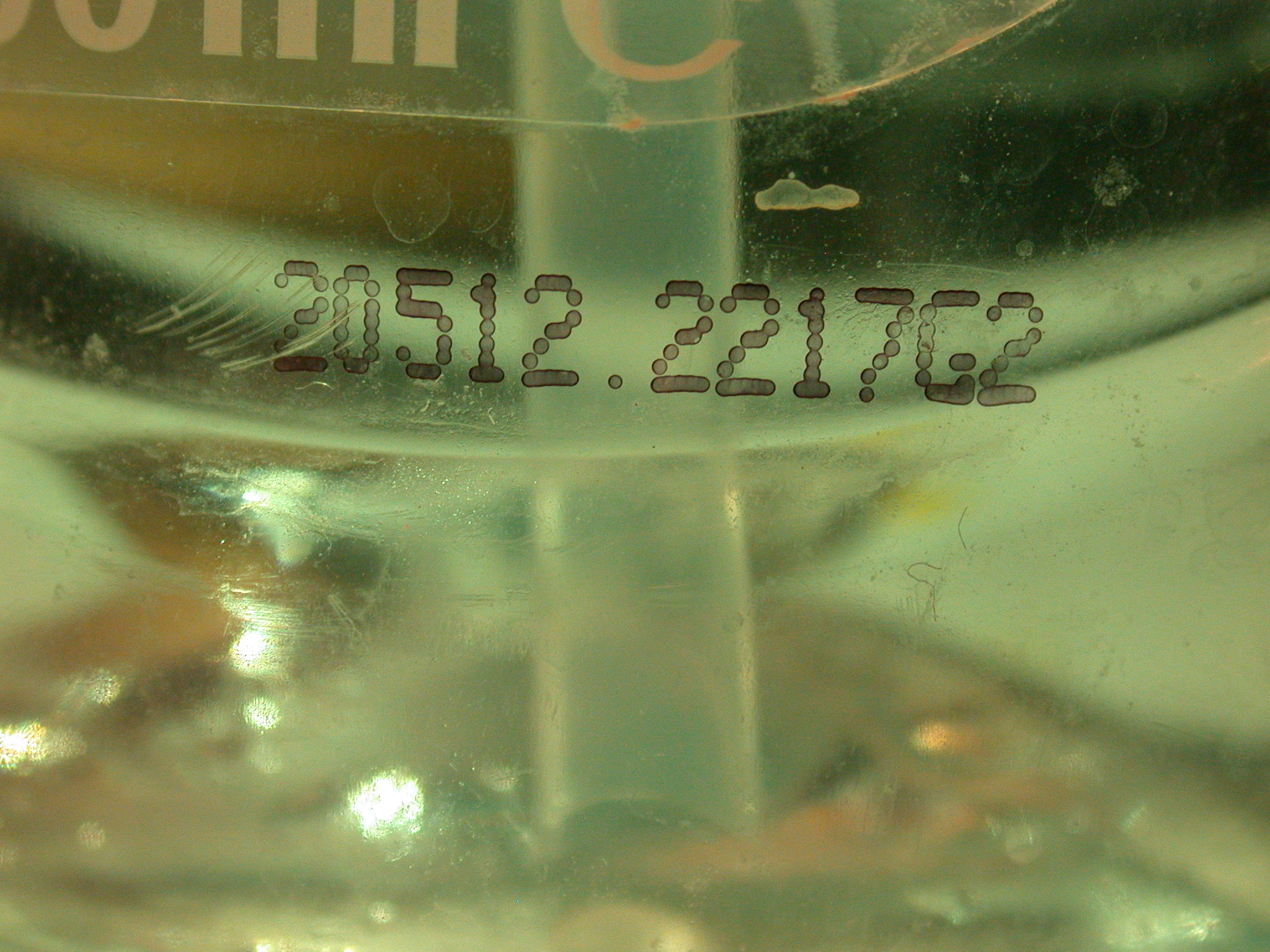In the digital age, the term “carding” has gained notoriety as a form of cybercrime that involves unauthorized use of payment card information for financial gain. This article delves into the realm of carding, shedding light on its methods, motivations, and the measures taken to combat this illicit activity. Phishing: Scammers often send emails, messages, or calls posing as legitimate entities such as banks or government agencies. They request personal information, passwords, or credit card details under false pretenses.
 Conclusion: The prevalence of cyber card hacks underscores the critical importance of cybersecurity in today’s digital landscape. By staying informed and practicing vigilant online behavior, individuals and businesses can better defend against cyber card hacks and contribute to a more secure online environment for all. Understanding the tactics employed by cybercriminals, recognizing the potential risks, and adopting proactive security measures are essential to safeguarding financial transactions.
Conclusion: The prevalence of cyber card hacks underscores the critical importance of cybersecurity in today’s digital landscape. By staying informed and practicing vigilant online behavior, individuals and businesses can better defend against cyber card hacks and contribute to a more secure online environment for all. Understanding the tactics employed by cybercriminals, recognizing the potential risks, and adopting proactive security measures are essential to safeguarding financial transactions.
CVV fraud occurs when cybercriminals gain unauthorized access to this code, allowing them to make fraudulent online purchases or withdrawals. Understanding CVV Fraud: The CVV code, a three- or four-digit number typically found on the back of a credit or debit card, is a crucial security feature designed to verify that the cardholder has the physical card in their possession during transactions. Avoid providing this information through emails or messages, as legitimate organizations will never ask for it via these channels.
Be Cautious Online: Only share your CVV code on secure and reputable websites. This article explores the world of cyber card hacks, uncovering their methods, implications, and Feshop.in (Feshop.in (feshop.in)) the steps individuals and organizations can take to protect themselves against these sophisticated cyber threats.